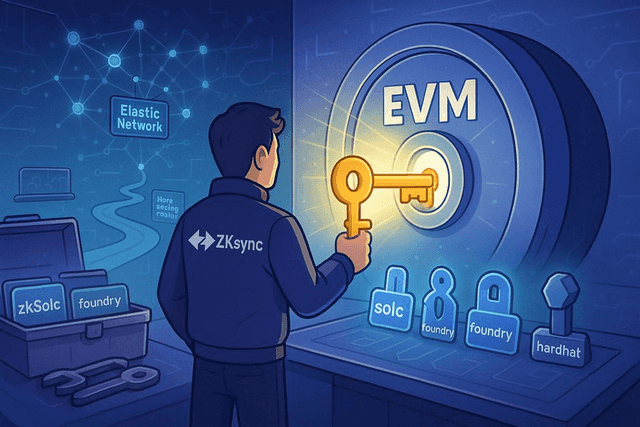2025-05-07 14:16
BLOCKMEDIA

Image source: Block Media
# U.S. Tech Giants Confront AI Challenges Beyond Tariffs: Idle Computing Resources as a Major Concern
Despite significant investments in AI infrastructure by U.S. tech giants, industry experts argue that inefficiencies with idle computing resources are a greater obstacle than tariffs.
Collectively, Microsoft, Google, and Meta plan to invest $325 billion in data centers. Although U.S. tariffs on critical raw materials like steel, copper, and GPU components could push construction costs up by 5%, analysts highlight that inefficient use of existing resources is a more pressing issue.
# Prioritizing Optimization of Idle Resources Over Data Center Expansion
Tory Green, CEO of ioNet, criticized the trend of building new data centers and deemed it inefficient. Green noted, “Numerous current computing resources are vastly underutilized.”
The international SPECpower benchmark shows that between 20% and 60% of computing power in public cloud environments is idle. In China, where a high demand for AI infrastructure has sparked a “gold rush” in data center construction, about 80% of these centers remain unused.
A prime example is DeepSeek, an AI large language model (LLM) launched in China, which operates without costly GPUs. Its latest version, DeepSeek V3, is even compatible with Mac computers. “This exemplifies the overwhelming inefficiency in global computing resource usage,” Green remarked.
# The Airbnb Model for Computing: DePIN on the Rise
Experts advocate “Decentralized Physical Infrastructure Network” (DePIN) models as a promising alternative to centralized methods. DePIN connects idle computing resources worldwide, reducing dependency on centralized data centers.
Green described it as the “Airbnb of computing,” linking businesses in need of GPU resources with suppliers who have excess capacity.
This model offers several benefits:
- Maximizing the use of existing GPU resources
- Cutting operational costs
- Avoiding overinvestment in new data centers
Moreover, DePIN networks deliver high-performance computing at lower costs than current cloud services like AWS and Azure.
# Decentralized Computing: Enhancing Energy Efficiency and Reducing Costs
Decentralized computing networks outperform large-scale data centers in energy efficiency. Green emphasized that U.S. policymakers, especially those working on the “Stargate Infrastructure Project,” should prioritize repurposing underutilized resources over importing new steel, copper, and server equipment.
“Recycling idle resources is more cost-effective and promotes energy conservation, benefiting both communities and enterprises,” Green said.
# Encouraging Innovation and Expanding Market Access
Decentralized computing also levels the playing field for small- and medium-sized enterprises, giving them affordable AI tools and fostering new economic opportunities. Green stated, “This approach encourages innovation and entrepreneurship, aligning with values often upheld by U.S. conservatism.”
Green further commented, “Discussions on tariffs and data center construction costs obscure a significant opportunity. Embracing decentralized computing models can help the industry overcome infrastructure constraints and meet the growing AI demand.”
The technology is available; the question remains whether the industry and policymakers are ready to adopt it quickly enough.
View original content to download multimedia: https://www.blockmedia.co.kr/archives/903060




